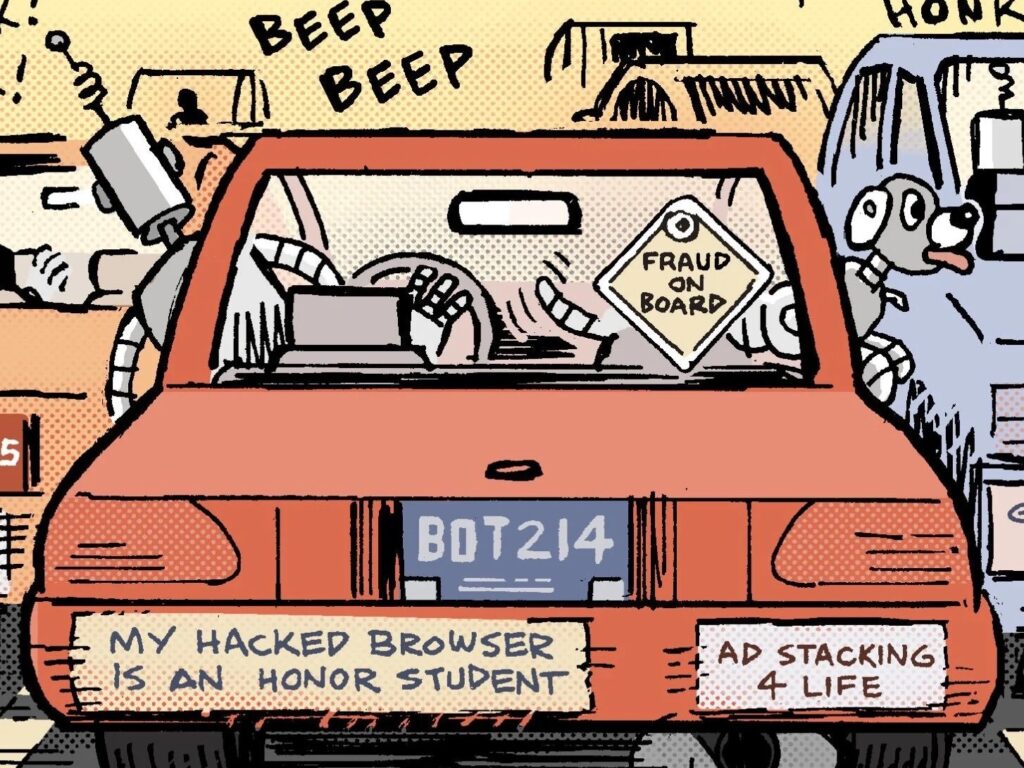Celebrity endorsements ain’t what they used to be.
If you’re old enough you remember when Arthur Godfrey and Dinah Shore could endorse almost anything, and the force of their apparent sincerity could drive sales over the top.
But those were kinder, gentler times. In the Age of Skepticism, a celebrity is as apt to suppress response as he or she (or, judging by the appearance of some of these creatures, it) is to enhance it…and when we include a celebrity’s fee as part of the cost, we can, with two exceptions, form a conclusion:
In business-to-business direct marketing, user endorsements are usually more effective than celebrity endorsements; in consumer direct marketing, endorsement by a celebrity who has no reputation or use-recognition relative to what we’re selling usually is a poor investment.
(Remember ancients such as Zsa Zsa Gabor for automobile mufflers? Muhammad Ali for a roach killer? Cybill Shepherd for the beef industry? Congressman “Tip” O’Neill for a chain of motels? Rodney Dangerfield for an airline, predictably as defunct as he is? Martha Raye for anything?)
I can’t get over this one, which is so ridiculous it’s hypnotic: Joe Namath for an investment fund. Now come on, you ad agency guys. That isn’t parallel to Dan Marino hawking automobiles. We believe Marino can drive a car. Do we believe Namath has a clue about investment strategy? Would we hire him to manage our portfolio?
Annoying because of their obvious dependence on uncreative irrelevance: spokespeople who are alumni and alumnae of both “American Idol” and Donald Trump’s peculiar television program. The lasting-power of these people is tied to the period ending when the next batch of would-be’s get kicked off those shows.
Absolutely predictable is the slide from “A”-list celebrity status to pitch person, when a TV show is canceled or when a “star” dims in the murky Hollywood heavens. Rosie O’Donnell and Jamie Lee Curtis, both of whom give me the wim-wams, came and went — Rosie O’Donnell for Kmart (why?) and Jamie Lee Curtis for VoiceStream, which became T-Mobile and dropped her in favor of the more contemporary (but no more convincing salesperson) Catherine Zeta-Jones.
I’ve seen Moses and suggestions of the deity as spokespeople (in space ads, not TV spots). One major advantage is that the marketer doesn’t have to deal with an agent…although these days it seems a great number of individuals claim to be an officially authorized agent for both.
We still see John Wayne and Fred Astaire, who have gone to that great Green Room in the sky. And they still have agents, demanding huge posthumous sums. Regrettably, posthumous refers to the celebrity, not to the agent. Much safer are those who are so long departed agents can’t claim affiliation. Underused is King Henry VIII, a fragment of whose fame rests on his coining the word “sirloin.” Hear that, Safeway, Publix, and Kroger?
Yes, we have two exceptions…and in my opinion these are transitory.
Exception 1 is the infomercial, which has to grab the viewer on an entertainment level or the channel gets changed in a flash. Celebrity entertainers are — well, they’re celebrity entertainers. We need them to prime the viewer pump, although few have the salesmanship to run a solo infomercial. Even as we accept this exception the clock is ticking, because viewer skepticism toward for-hire celebrities is becoming more profound every day.
Exception 2 is the rare celebrity who exists outside the hired-hand mold of Bill Cosby and retired-from-golf-but-not-from-TV Arnold Palmer and lip-flapping John Madden and, yes, Dan Marino…and who can say exclusively and convincingly for one product or service, “I use it”…and convince the target group to believe him or her.
(A possible third exception: An offering so weak it needs propping up with an artificial crutch. This isn’t worthy of tabulation because the promotion is doomed before it starts.)
But we know, even as we consider these exceptions, that the cost may outweigh the benefits. Direct marketers keep score by the number of times the phone rings, by the number of orders on the fax machine, by the number of pieces of mail Monday morning. Are we better off spending the same money to reach more people?
Test it, of course. Test it dispassionately, forgetting autographs and celebrity shoulder-rubbings.
HERSCHELL GORDON LEWIS (www.herschellgordonlewis.com) is the principal of Lewis Enterprises in Fort Lauderdale, FL. He consults with and writes direct response copy for clients worldwide. “Hot Appeals or Burnt Offerings” is his recently published 30th book. Among his other books are “Open Me Now,” the curmudgeonly titled “Asinine Advertising,” and “On the Art of Writing Copy” (third edition).
 Network
Network

